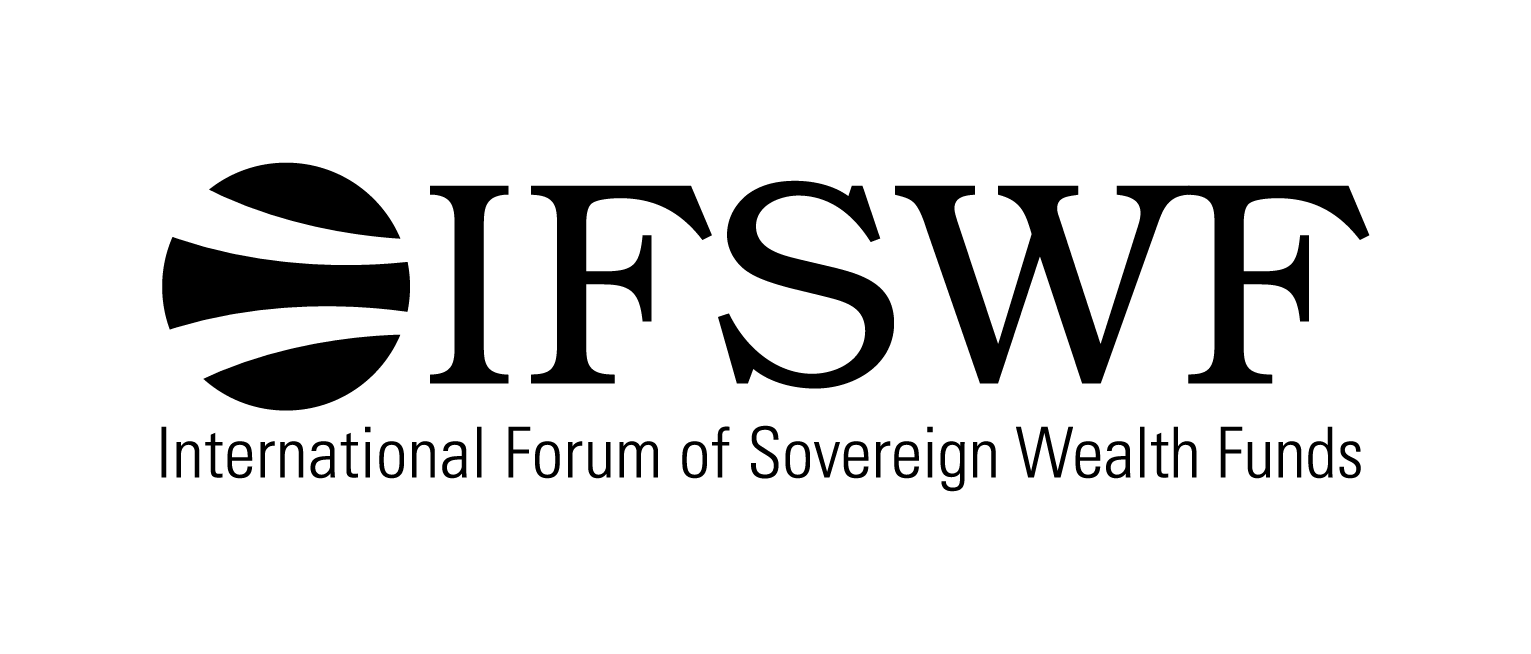By Udaibir Das
The global economy is grappling with several structural challenges, including climate change, rising inequality, and the imperative of resource transfer to developing countries. Despite the urgency of these issues, weak productivity, a consequence of capital and labour misallocation, is hampering global economic growth. Moreover, geoeconomic fragmentation and supply chain security concerns erode the benefits of decades of cross-border economic integration. The rise of nationalism, populism, trade barriers, financial sanctions, and economic fragmentation has engendered a world that is inherently less stable and more brittle.
This environment presents unique risks for sovereign wealth funds, given their distinct capital sources, investment objectives, risk tolerance, investment duration, and geopolitical considerations. Funded by a country’s budgetary surplus or foreign exchange earnings, sovereign wealth funds are fiduciary entities for a society acting in the best long-term interest of their beneficiaries—the current and future citizens.
These funds maintain unique relationships with their home governments and respective societies as sovereign entities. They must adapt to the new reality of the global economy more than others. Their sovereign purpose and investment sustainability hinge on their ability to navigate these challenges and construct portfolios resilient to these risks.
The current global economic and capital market conditions necessitate reassessing conventional portfolio construction and risk management practices. This recalibration of investment strategies and risk management methodologies is essential given these investors’ nature, role, and significance from a home country perspective.
These persistent transformations in the geopolitical and geoeconomic landscape pressure sovereign wealth funds’ enduring strategies. Inflation is a significant risk that sovereign investors face in the current environment. Given the complex macroeconomic factors contributing to short-term inflation pressures, sovereign investors have been pursuing inflation-proofing investments to preserve their portfolios over time and selecting assets and investments that increase in value equal to or greater than the inflation rate.
A consensus view posits that inflation will remain elevated due to macroeconomic factors, including reflationary fiscal and monetary policies, industrial strategies to reshape supply chains, headwinds to globalisation, conflict and war, and large-scale public investment to address climate change and meet sustainable development goals. These policies, expected to remain in place, add complexity to the inflation dynamics, reducing the purchasing power of unhedged assets.
Geopolitical Risk
Ongoing geopolitical tensions present significant challenges to cross-border risk, particularly for sovereign wealth funds with more substantial stakes in volatile markets. Uncertainty surrounding the impact on trade flows, asset classes, transparency, and the enforceability of investment contracts in various parts of the global economic system has led to considerable apprehension. Governments and enterprises will reshape supply chains and production locations as they adapt to changing costs, access, and policies. This shift in “globalisation” will inevitably create winners and losers, with certain countries and sectors benefiting from the reorganisation of the global supply chain along geopolitical lines.
Heightened tensions also carry a defence and national security element. Sovereign investors must evaluate military alliances and defence partnerships that could draw countries into geopolitical conflicts between major powers. Neutral countries may be compelled to “choose sides” and align with one bloc over another. If external geopolitical rivalries spill over, domestic political risks could escalate due to influence operations or hybrid warfare tactics. Geopolitical tensions may cause critical imports like energy, food, and minerals to be weaponised, as exemplified by the Russian blockade of Ukrainian grain exports through the Black Sea in 2023 or the active use of economic and financial sanctions.
Resiliency Risk
Sovereign wealth funds must make their portfolios more resilient in this brittle and uncertain investment environment. They need to adopt more active and nuanced approaches to portfolio construction, investment themes, and strategies, using scenario analysis, stress testing, and enhancing risk management. They must also be vigilant to ensure that critical parts of the financial system remain functional when needed.
Partnerships are critical for identifying specific investment opportunities within these themes of investment uncertainty, and resilience must become a shared objective. By collaborating with venture capital firms, sovereign wealth funds can leverage their expertise and insights into emerging technologies and business models. These sector experts can identify companies with competitive advantages and growth potential. Sovereign investors could also actively engage with portfolio companies to enhance their environmental, social, and governance (ESG) practices, building resilience to geopolitical and transition risks.
Engagement should also encompass periodic evaluations of portfolio companies’ risk management capabilities, focusing on ESG, climate change, technology and AI, geopolitics, and other emerging risks, and provide training and support to help portfolio companies advance their risk management processes. SWFs may also have representatives on portfolio company boards and risk committees to assess and enhance ESG and climate risk management.
Sovereign wealth funds must also bolster their risk management capabilities within investment teams and portfolio companies. These skills should evolve to include the assessment of non-financial risks such as geopolitics, climate change, and technology in the investment evaluation and selection process. Such assessments will necessitate a more multidisciplinary approach to risk management than previously employed.
Portfolio Allocation Implications
From an asset allocation perspective, adequate liquidity in the portfolio is crucial as it enables sovereign investors to respond quickly to geopolitical or macroeconomic shocks and rebalance portfolios in an unpredictable environment with the potential for unforeseen black swan events. Sovereign wealth funds must reevaluate traditional investment beliefs and portfolio construction norms. They should reconsider traditional portfolio splits like 60/40 stocks-bonds, which have benefited from the disinflationary condition.
In other words, geopolitical and resiliency risks pose significant challenges for sovereign wealth funds. To mitigate these risks, they must adopt a more active and nuanced approach to portfolio construction and risk management. Moreover, collaborating with venture capital firms to identify specific investment opportunities, engage with portfolio companies to enhance their ESG practices and bolster their risk management capabilities within investment teams and portfolio companies.
Role of Communications and Need to Bolster Internal Capacity
Adopting a multidisciplinary approach to how the institution conceptualises the investment environment and manages the portfolio is essential in a more complex world. Such an approach requires more extensive and diverse technical skills and robust political, geopolitical, and historical analysis expertise. Judgement, experience, and a good grasp of policies will also play a more prominent role in successful long-term investing.
These skills are typically acquired through formal education, training, and experience in finance, economics, mathematics, statistics, and computer programming. However, these skills must evolve to include the assessment of non-financial risks such as geopolitics, climate change, and technology in the investment evaluation and selection process.
While this world picture might be complex, the key is compellingly communicating scenarios to stakeholders, such as the board. Tools like scenario planning can help them understand the new and complex challenges investors like sovereign wealth funds face. Finally, sovereign wealth funds must foster open communication to navigate the global transformation smoothly and build resilience amid geopolitical and economic uncertainty.
About the Author
Udaibir Das, a seasoned global economic and financial policy professional, is a Senior Advisor at the International Forum of Sovereign Wealth Funds. His career includes tenures at the International Monetary Fund (IMF), the Bank for International Settlements (BIS), and The World Bank. In addition to his advisory role, Mr. Das holds several distinguished positions. He is a Fellow at ORF America in the USA, a Visiting Faculty member at the Kautilya School for Public Policy in India, a Senior Non-Resident Expert at both the Bank of England in the UK and the Toronto Center in Canada, and a Visiting Professor at the National Council of Applied Economic Research in India.

